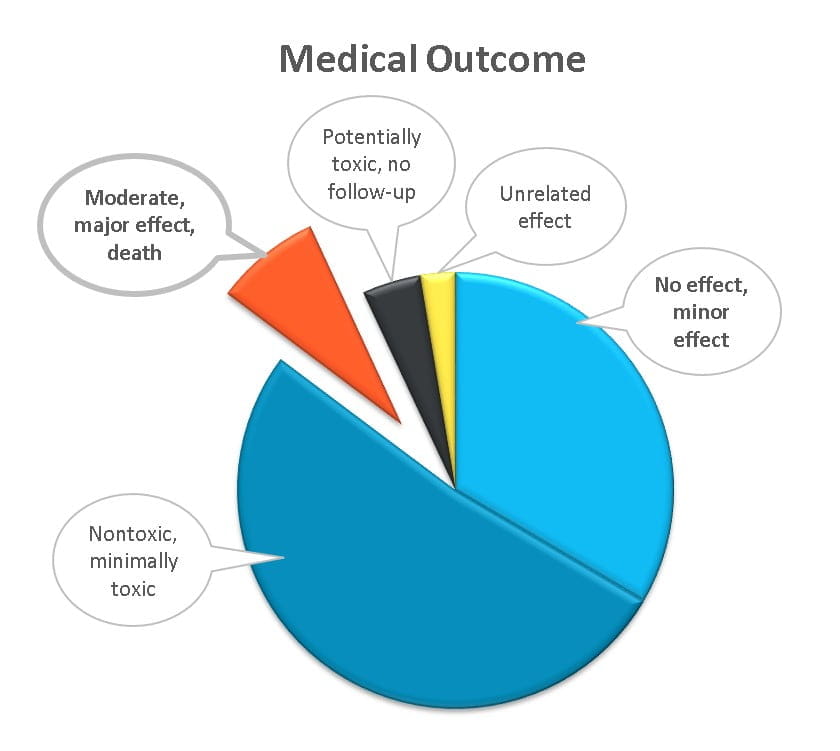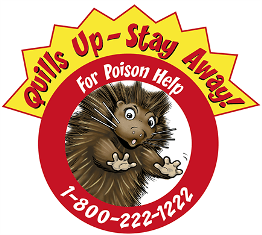Poisoned? Get Expert Help.
Don't guess what you should do. Get accurate Poison Control answers online or by phone. Both are free and confidential.
Get HELP ONLINE
or
CALL
1-800-222-1222
Connect with us
on social media!
Follow us on Facebook, Instagram, and Twitter for news, updates, and events!



Get the App!
Download the free
webPOISONCONTROL® app.


Common and dangerous poisons
Know your poisons! Which are common? Which are the most dangerous? Keep your child safe.
Watch out for these poisons!
Subscribe to The Poison Post®
The Poison Post® is a free, quarterly
e-newsletter delivering poison prevention tips right to your inbox!
The Poison Post
Learn the Poison Prevention Jingles
Learn the Poison Help jingle in English or Spanish. Use these jingles to teach the Poison Control number: 1-800-222-1222. Available for download.
Jingles
What happens when I call Poison Control?
Poison Control is available 24 hours a day to provide free, expert and confidential guidance in a poison emergency. When you call, a poison specialist will ask you questions to determine the severity of your case, then provide recommendations.
What happens when I call?
What is 1-800-222-1222?
Call 1-800-222-1222 to reach Poison Control anywhere in the United States.
What is 1-800-222-1222?
Support Us
Your donation to our 501(c)(3) organization enables us to help those who prefer to go online when faced with a poison emergency. Our webPOISONCONTROL online tool and app is a free, confidential, quick and easy way to get expert help. It has guided more than a million users faced with a poison emergency.
Donate Now









































































































































































































































































































































































































































































































































































